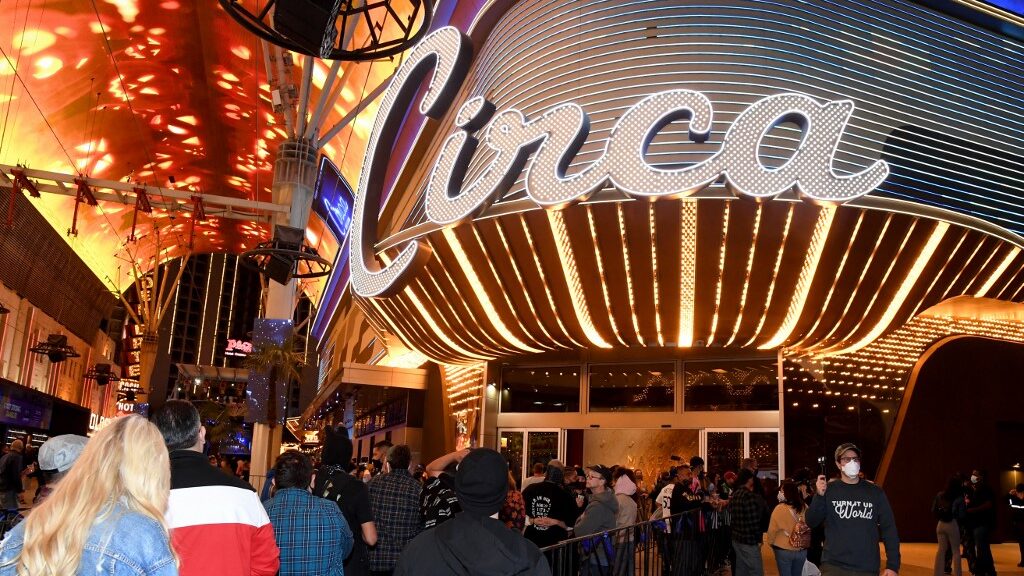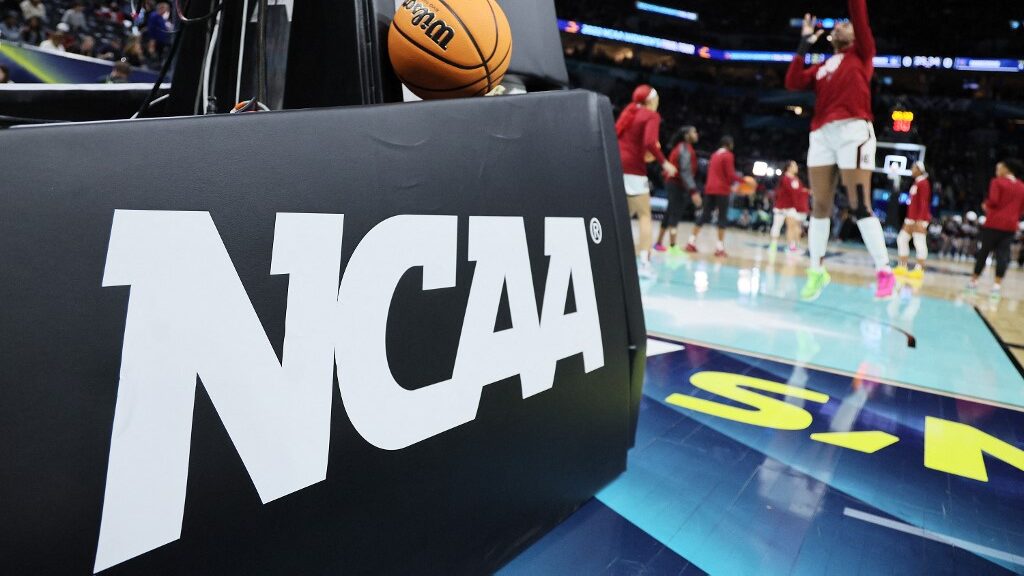
There were two questions at the ballot boxes on Tuesday asking Californians whether they wanted mobile or retail sports betting in California.
And after hundreds of millions of dollars spent on advertising both sides of the argument, the naysayers won handily.
Voters 86 Prop 26
There were two ballot initiatives of considerable importance to those in the sports betting industry. The first of which was Proposition 26 which stated: Amends the California Constitution to legalize sports betting for adults age 21 and older at Native American tribal lands and horse-racing tracks, allows roulette and dice games at tribal casinos, and imposes a 10% tax on sports wagering profits at horse-racing tracks.
The American Indian tribes were in favor of this as it would augment their already highly lucrative hold on the gambling industry in California.
The Voice of the Torres Martinez Desert Cahuilla Indians
Thomas Tortez, Tribal Chairman, of the Torres Martinez Desert Cahuilla Indians, stated, “I’ve seen first-hand the transformative impacts Indian gaming revenue sharing has had on our people, helping our small tribe pay for schools, health clinics, and fire services. Prop. 26 will continue to lift tribes like ours out of poverty and allow us to become more self-reliant.”
But the rebuttal to this was that Native American tribes don’t pay any taxes on gaming profits and that granting them another revenue resource would be eliminating any possibility that non-tribal gaming companies could operate and get these revenues taxed for the good of the California electorate.
“Prop. 26 was not just a sports betting measure, but a massive expansion of gambling by five wealthy tribes that included a poison pill aimed at taking market share away from highly regulated cardrooms that provide millions of dollars in tax revenue to communities and tens of thousands of jobs,” the No on Proposition 26 Campaign said in a statement.
And so it was that the proposed amendment was roundly defeated, garnering less than 30 percent of the vote, keeping in-person sports betting out of the Golden State.
Prop 27 Mushed by Voters Too
Virtually all the Native American tribes banded together and sent a swarm of money to defeat this initiative which read: Allows Indian tribes and affiliated businesses to operate online/mobile sports wagering outside tribal lands.
Directs revenues to regulatory costs, homelessness programs, nonparticipating tribes. Fiscal Impact: Increased state revenues, possibly in the hundreds of millions of dollars but not likely to exceed $500 million annually. Some revenues would support state regulatory costs, possibly reaching the mid-tens of millions of dollars annually.
Despite the optimistic phrasing of the question, it was overwhelmingly defeated with only 16% voting in favor of online mobile sports betting. It was an enormous victory for the tribes that don’t want any outside operators invading their turf or breaking up their monopoly on gambling in California.
The Voice of the Yocha Dehe Wintun Nation
Anthony Roberts, tribal chairman of the Yocha Dehe Wintun Nation, commented on the victory, “Our internal polling has been clear and consistent for years: California voters do not support online sports betting. Voters have real and significant concerns about turning every cellphone, laptop, and tablet into a gambling device, the resulting addiction, and exposure to children.”
And so it was that the major players and heavy hitters of the online sports betting world would take another punch to the chin in getting their hands on the most populous state with billions to be made. But don’t think the likes of FanDuel, DraftKings, et al, are going away anytime soon. They have already expressed a desire to throw more money at the initiative two years from now.









